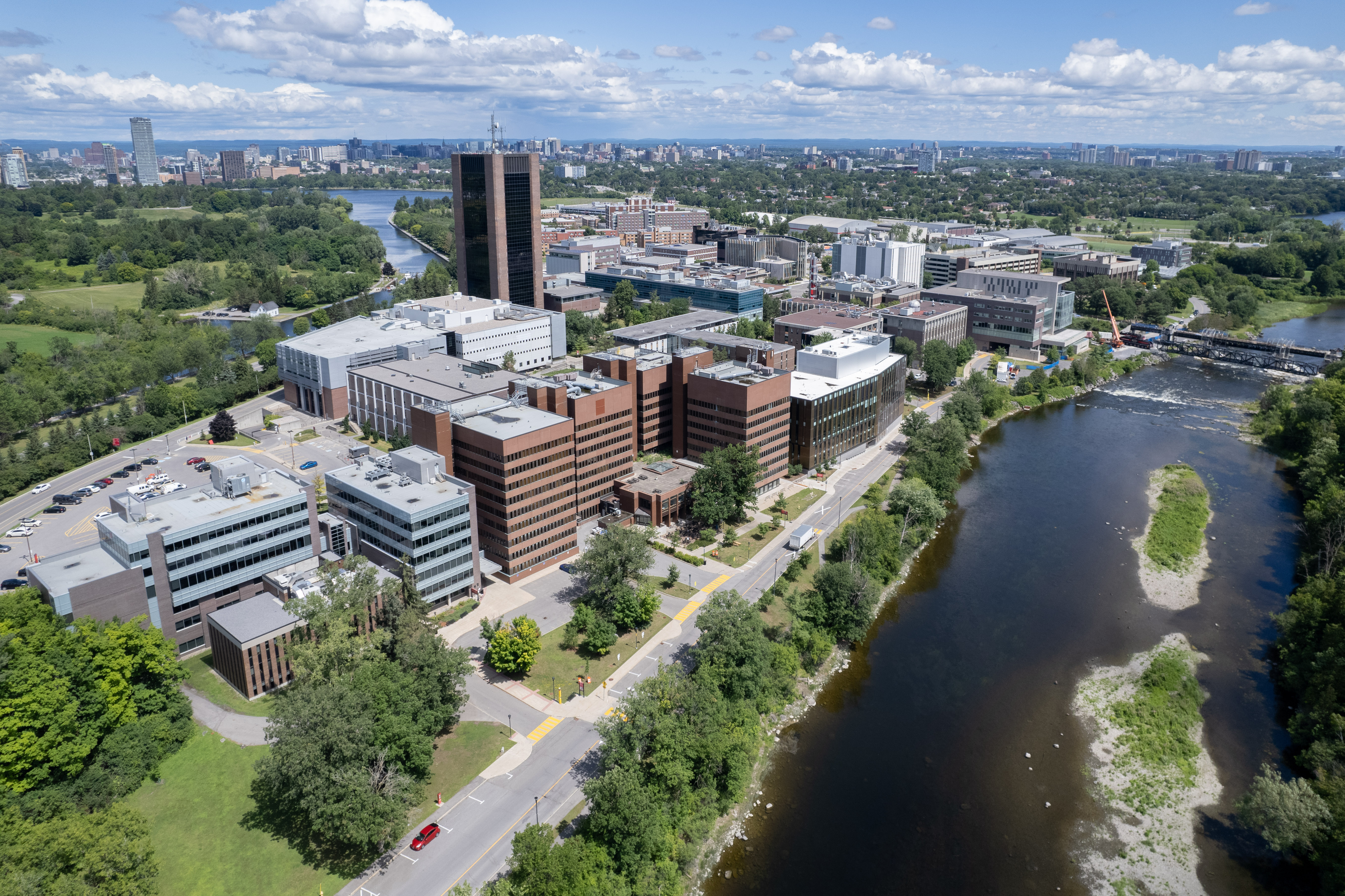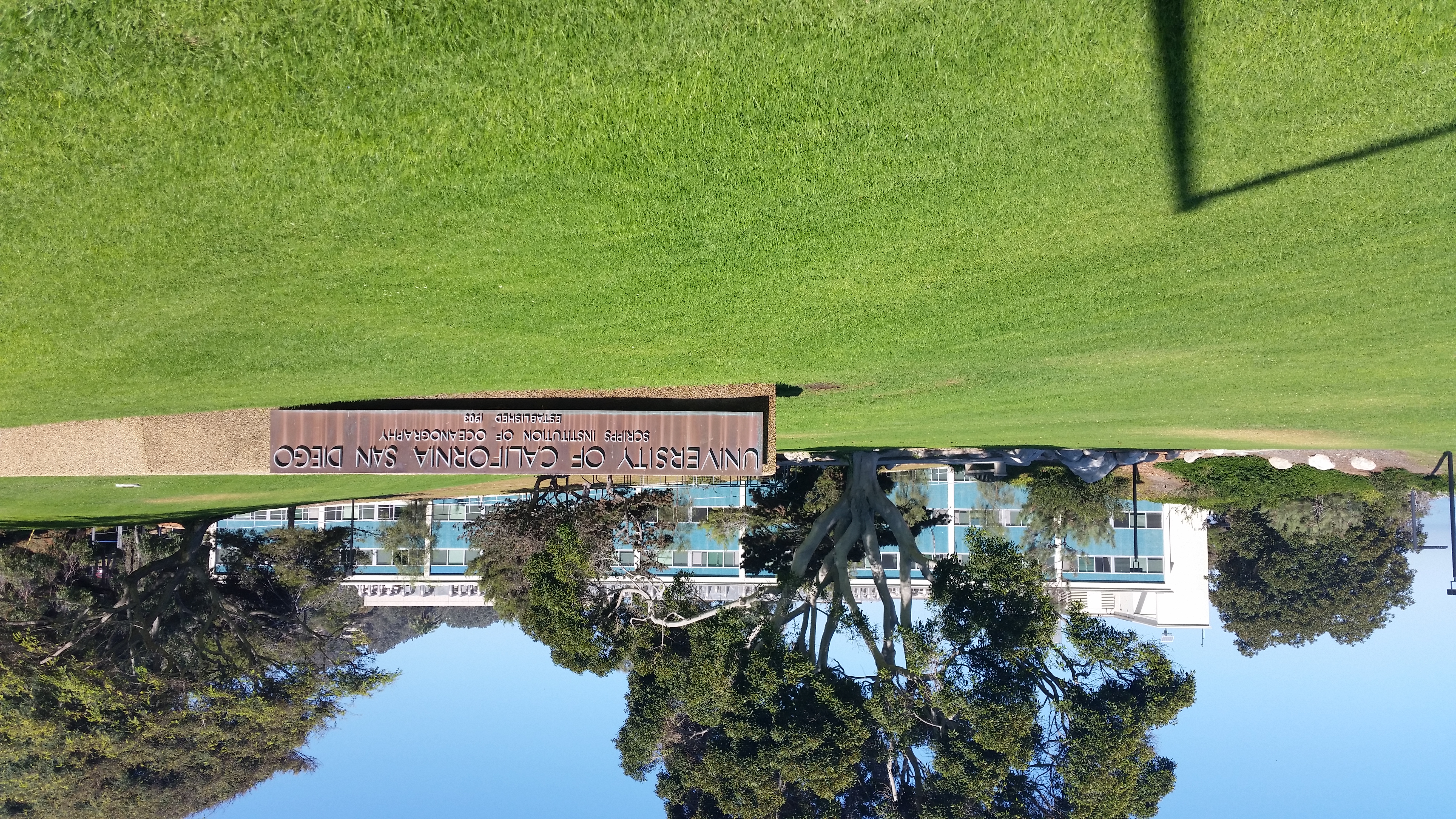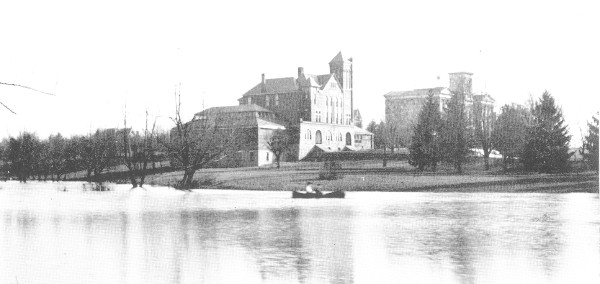|
Eric Palmer (philosopher)
Eric Palmer is Professor of Philosophy at Allegheny College. His academic work focuses in two areas: development ethics and history and philosophy of science. He is co-editor of ''Journal of Global Ethics'' and is President of the International Development Ethics Association. Education and career Palmer earned his B.A. in Philosophy from Carlton University in 1987, and his Ph.D. in Philosophy from the University of California, San Diego in 1991, where Philip Kitcher was his advisor. From 1991 to 1993, he was a Visiting Assistant Professor in the Department of Philosophy at the University of Utah, before moving to the University of Kentucky from 1993 to 1994. In 1994, he began teaching at Allegheny College, where he was promoted to Professor in 2012. Writing Palmer has authored and edited a number of articles and books in history and philosophy of science, global ethics, and European intellectual history. ;Edited books * Eric Palmer (ed.) ''Gender Justice (vol. 2): Vulne ... [...More Info...] [...Related Items...] OR: [Wikipedia] [Google] [Baidu] |
Carlton University
Carleton University is an English-language public research university in Ottawa, Ontario, Canada. Founded in 1942 as Carleton College, the institution originally operated as a private, non-denominational evening college to serve returning World War II veterans. Carleton was chartered as a university by the provincial government in 1952 through ''The Carleton University Act,'' which was then amended in 1957, giving the institution its current name. The university is named for the now-dissolved Carleton County, which included the city of Ottawa at the time the university was founded. Carleton County, in turn, was named in honour of Guy Carleton, 1st Baron Dorchester, who was Governor General of The Canadas from 1786 to 1796. The university moved to its current campus in 1959, growing rapidly in size during the 1960s as the Ontario government increased support for post-secondary institutions and expanded access to higher education. Carleton offers a diverse range of academic program ... [...More Info...] [...Related Items...] OR: [Wikipedia] [Google] [Baidu] |
University Of California, San Diego
The University of California, San Diego (UC San Diego or colloquially, UCSD) is a public university, public Land-grant university, land-grant research university in San Diego, California. Established in 1960 near the pre-existing Scripps Institution of Oceanography, UC San Diego is the southernmost of the ten campuses of the University of California, and offers over 200 undergraduate and graduate degree programs, enrolling 33,096 undergraduate and 9,872 graduate students. The university occupies near the coast of the Pacific Ocean, with the main campus resting on approximately . UC San Diego is ranked among the best universities in the world by major college and university rankings. UC San Diego consists of twelve undergraduate, graduate and professional schools as well as seven undergraduate residential colleges. It received over 140,000 applications for undergraduate admissions in Fall 2021, making it the second most applied-to university in the United States. UC San Diego H ... [...More Info...] [...Related Items...] OR: [Wikipedia] [Google] [Baidu] |
Philip Kitcher
Philip Stuart Kitcher (born 20 February 1947) is a British philosopher who is John Dewey Professor Emeritus of philosophy at Columbia University. He specialises in the philosophy of science, the philosophy of biology, the philosophy of mathematics, the philosophy of literature, and more recently pragmatism. Life and career Born in London, Kitcher spent his early life in Eastbourne, East Sussex, on the south coast of the United Kingdom, where another distinguished philosopher of an earlier generation (A.J. Ayer) was also at school. Kitcher himself went to school at Christ's Hospital, Horsham, West Sussex. He earned his B.A. in Mathematics/History and Philosophy of Science from Christ's College, Cambridge in 1969, and his PhD in History and Philosophy of Science from Princeton University in 1974, where he worked closely with Carl Hempel and Thomas Kuhn. Kitcher is currently John Dewey Professor of Philosophy Emeritus at Columbia University. As chair of Columbia's Contem ... [...More Info...] [...Related Items...] OR: [Wikipedia] [Google] [Baidu] |
University Of Utah
The University of Utah (U of U, UofU, or simply The U) is a public research university in Salt Lake City, Utah. It is the flagship institution of the Utah System of Higher Education. The university was established in 1850 as the University of Deseret () by the General Assembly of the provisional State of Deseret, making it Utah's oldest institution of higher education. It received its current name in 1892, four years before Utah attained statehood, and moved to its current location in 1900. As of Fall 2019, there were 24,485 undergraduate students and 8,333 graduate students, for an enrollment total of 32,818, making it the second largest public university in the state after Utah Valley University. Graduate studies include the S.J. Quinney College of Law and the School of Medicine, Utah's first medical school. It is a member of the Association of American Universities (AAU) and is classified among "R1: Doctoral Universities – Very high research activity". According to the ... [...More Info...] [...Related Items...] OR: [Wikipedia] [Google] [Baidu] |
University Of Kentucky
The University of Kentucky (UK, UKY, or U of K) is a public land-grant research university in Lexington, Kentucky. Founded in 1865 by John Bryan Bowman as the Agricultural and Mechanical College of Kentucky, the university is one of the state's two land-grant universities (the other being Kentucky State University) and the institution with the highest enrollment in the state, with 30,545 students as of fall 2019. The institution comprises 16 colleges, a graduate school, 93 undergraduate programs, 99 master programs, 66 doctoral programs, and four professional programs. It is classified among "R1: Doctoral Universities – Very high research activity". According to the National Science Foundation, Kentucky spent $393 million on research and development in 2018, ranking it 63rd in the nation. The University of Kentucky has fifteen libraries on campus. The largest is the William T. Young Library, a federal depository, hosting subjects related to social sciences, humanities, and ... [...More Info...] [...Related Items...] OR: [Wikipedia] [Google] [Baidu] |
Allegheny College
he, תגל ערבה ותפרח כחבצלת , mottoeng = "Add to your faith, virtue and to your faith, knowledge" ( 2 Peter 1:5)"The desert shall rejoice and the blossom as the rose" (Isaiah 35:1) , faculty = 193 (2018) , campus = Small town, total , endowment = $289 million (2021) , sports_nickname = Gators , athletics_affiliations = NCAA Division III – PAC , colors = Blue & gold , academic_affiliations = GLCAAnnapolis Group , accreditation = MSCHE , website = , logo = Alleghenycollegelogo.png , embedded = Allegheny College is a private liberal arts college in Meadville, Pennsylvania. Founded in 1815, Allegheny is the oldest college in continuous existence under the same name west of the Allegheny Mountains. It is a member of the Great Lakes Colleges Association and the Presidents' Athletic Conference, and i ... [...More Info...] [...Related Items...] OR: [Wikipedia] [Google] [Baidu] |
Year Of Birth Missing (living People)
A year or annus is the orbital period of a planetary body, for example, the Earth, moving in its orbit around the Sun. Due to the Earth's axial tilt, the course of a year sees the passing of the seasons, marked by change in weather, the hours of daylight, and, consequently, vegetation and soil fertility. In temperate and subpolar regions around the planet, four seasons are generally recognized: spring, summer, autumn and winter. In tropical and subtropical regions, several geographical sectors do not present defined seasons; but in the seasonal tropics, the annual wet and dry seasons are recognized and tracked. A calendar year is an approximation of the number of days of the Earth's orbital period, as counted in a given calendar. The Gregorian calendar, or modern calendar, presents its calendar year to be either a common year of 365 days or a leap year of 366 days, as do the Julian calendars. For the Gregorian calendar, the average length of the calendar yea ... [...More Info...] [...Related Items...] OR: [Wikipedia] [Google] [Baidu] |
Living People
Related categories * :Year of birth missing (living people) / :Year of birth unknown * :Date of birth missing (living people) / :Date of birth unknown * :Place of birth missing (living people) / :Place of birth unknown * :Year of death missing / :Year of death unknown * :Date of death missing / :Date of death unknown * :Place of death missing / :Place of death unknown * :Missing middle or first names See also * :Dead people * :Template:L, which generates this category or death years, and birth year and sort keys. : {{DEFAULTSORT:Living people 21st-century people People by status ... [...More Info...] [...Related Items...] OR: [Wikipedia] [Google] [Baidu] |
21st-century American Philosophers
The 1st century was the century spanning AD 1 ( I) through AD 100 ( C) according to the Julian calendar. It is often written as the or to distinguish it from the 1st century BC (or BCE) which preceded it. The 1st century is considered part of the Classical era, epoch, or historical period. The 1st century also saw the appearance of Christianity. During this period, Europe, North Africa and the Near East fell under increasing domination by the Roman Empire, which continued expanding, most notably conquering Britain under the emperor Claudius (AD 43). The reforms introduced by Augustus during his long reign stabilized the empire after the turmoil of the previous century's civil wars. Later in the century the Julio-Claudian dynasty, which had been founded by Augustus, came to an end with the suicide of Nero in AD 68. There followed the famous Year of Four Emperors, a brief period of civil war and instability, which was finally brought to an end by Vespasian, ninth Roman ... [...More Info...] [...Related Items...] OR: [Wikipedia] [Google] [Baidu] |
Allegheny College Faculty
Allegheny, Alleghany or Allegany may refer to: Places Geologic and geographic features * Allegheny River, in Pennsylvania and New York * Allegheny Mountains, part of the Appalachian Mountain Range in West Virginia, Pennsylvania, Maryland and Virginia ** Allegheny Mountain (Pennsylvania), major mountain ridge in the northern part of the Allegheny Mountains ** Little Allegheny Mountain, in Pennsylvania and Maryland; see list of mountains of the Alleghenies ** Allegheny Mountain (West Virginia–Virginia), major mountain ridge in the southern part of the Allegheny Mountains ** Back Allegheny Mountain, in West Virginia * Allegheny Plateau, which terminates in the east at the Allegheny Mountains * Allegheny Front, the escarpment delineating the eastern edge of the Allegheny Plateau * Allegheny Formation, a mapped bedrock unit of West Virginia, Maryland and Pennsylvania Counties *Allegany County, Maryland *Allegany County, New York *Alleghany County, North Carolina * Alleghany Cou ... [...More Info...] [...Related Items...] OR: [Wikipedia] [Google] [Baidu] |


.jpg)



